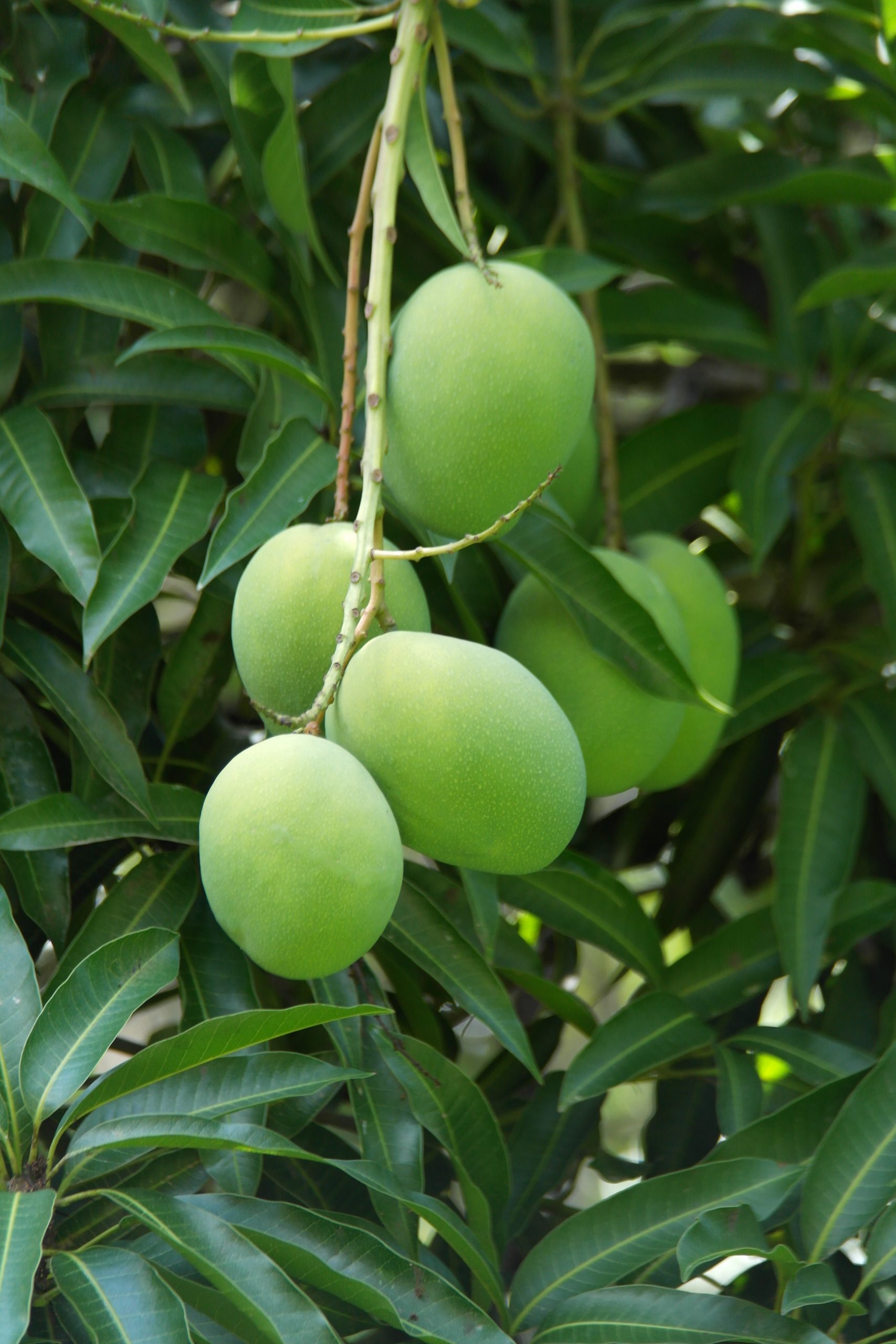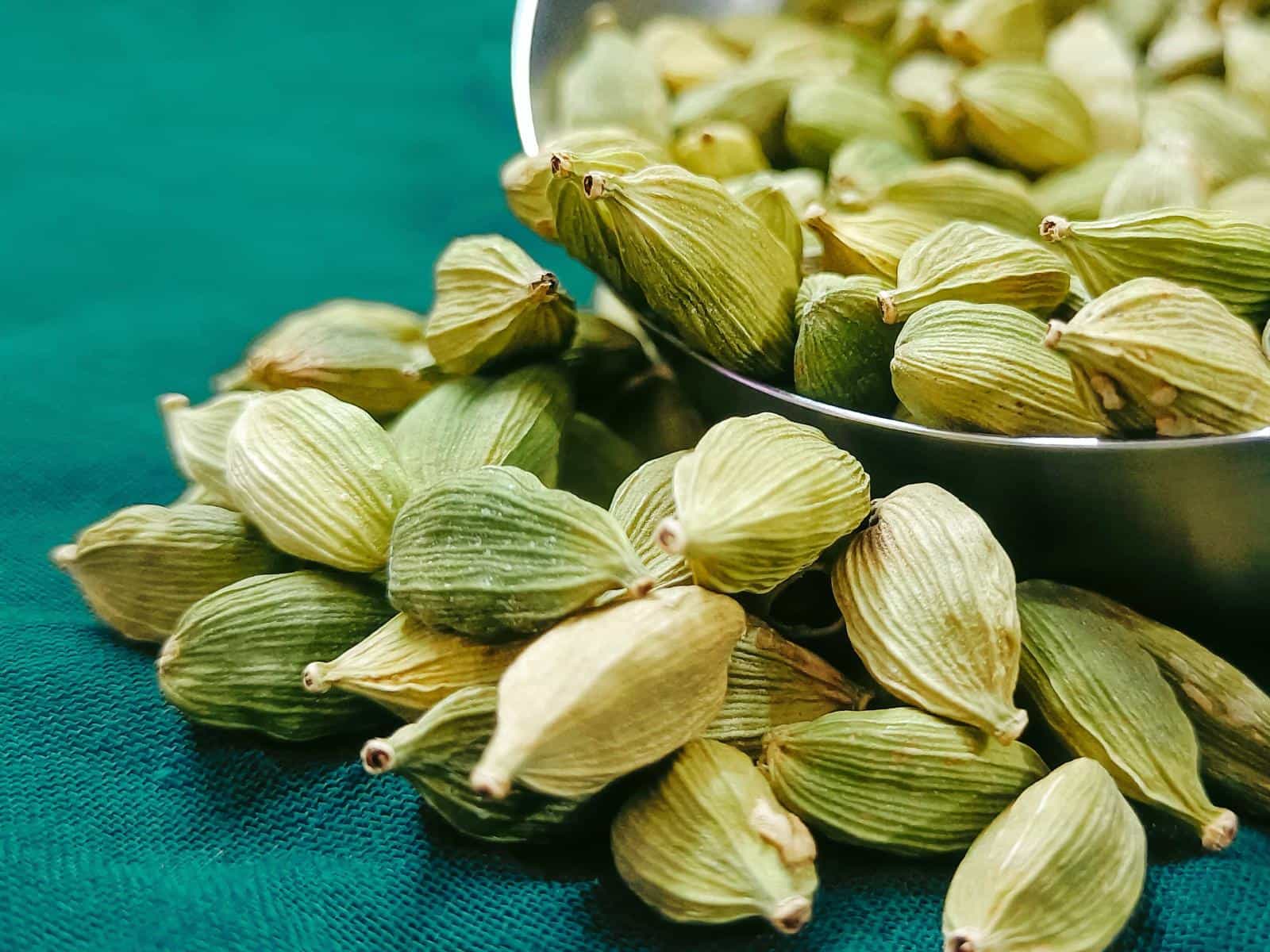
Introduction:
The mango, often referred to as the ‘king of fruits’, is celebrated worldwide for its sweet, succulent taste. However, the mango tree hides another gem in its verdant canopy: the mango leaf. Extracted from the leaves of the Mangifera indica tree, mango leaf extract is a powerhouse of health benefits, many of which are just beginning to be fully understood by science.
The Science Behind Mango Leaf Extract:
Mango leaves are a treasure trove of bioactive compounds. Rich in terpenoids, flavonoids, and tannins, these leaves have been used in traditional medicine for centuries. Modern science is now validating many of these age-old uses, revealing the mechanisms behind the leaf’s therapeutic properties.
Health Benefits of Mango Leaf Extract:
- Antioxidant Properties: Mango leaves are packed with flavonoids and terpenoids, which are potent antioxidants. These compounds help neutralize free radicals, reducing oxidative stress and potentially preventing cellular damage.
- Anti-inflammatory Effects: Chronic inflammation is linked to numerous health issues. Mango leaf extract, with its anti-inflammatory properties, can help mitigate conditions like arthritis, asthma, and even certain skin disorders.
- Digestive Health: Historically, mango leaves have been used to treat a plethora of digestive issues. They can alleviate symptoms of diarrhea, dysentery, and stomach ulcers, thanks to their antimicrobial properties.
- Cardiovascular Health: Preliminary studies suggest that mango leaf extract can help regulate blood pressure and cholesterol levels, promoting overall heart health.
- Boosts Immunity: The vitamin C and A content, along with other potent compounds in the leaves, can bolster the immune system, helping the body fend off infections.
Mango Leaf Extract vs. Zynamite®:
Zynamite® stands out as a patented and clinically-studied form of mango leaf extract. It’s been specifically developed to optimize the cognitive benefits of mango leaves. Research on Zynamite® has shown promising results in areas like attention span, memory enhancement, and even mood regulation.
Forms of Mango Leaf Supplements:
- Mango Leaf Capsules: These are a concentrated form of the extract, making it easy to consume as part of a daily supplement routine.
- Mango Leaf Tea: A soothing beverage, this tea is made by steeping dried mango leaves. It offers a gentler, more holistic way to enjoy the benefits.
- Mango Leaf Tinctures: These potent liquid extracts can be added to water, tea, or taken directly, offering a versatile way to incorporate mango leaf benefits into your regimen.
Mango Leaf Extract and Diabetes:
Emerging research has spotlighted the potential of mango leaf extract in managing blood sugar levels. The tannins and other compounds present in the leaves are believed to stimulate the release of insulin, aiding in the regulation of blood sugar and potentially offering benefits for those with early-stage diabetes.
Incorporating Mango Leaf Extract: Tips and Precautions:
- Consultation: Always consult with a healthcare provider before introducing any new supplement, especially if you’re already on medication.
- Dosage: Adhere to the recommended dosage, either as indicated on the supplement or as advised by a health professional.
- Consistency: For optimal benefits, it’s crucial to incorporate mango leaf extract consistently into your routine.
Frequently Asked Questions (FAQs) about Mango Leaf Extract
1. What is the primary difference between mango fruit and mango leaf extract?
While the mango fruit is primarily consumed for its taste and nutritional content, the mango leaf extract is valued for its medicinal properties, rich in terpenoids, flavonoids, and tannins.
2. How is Zynamite® different from regular mango leaf extract?
Zynamite® is a patented form of mango leaf extract, specifically developed to optimize cognitive benefits. It has undergone clinical studies that show its potential in enhancing attention span, memory, and mood regulation.
3. Can I make mango leaf tea at home?
Yes, you can make mango leaf tea by steeping dried mango leaves in hot water. It offers a milder way to enjoy the benefits of the extract.
4. Are there any side effects to consuming mango leaf extract?
While mango leaf extract is generally safe for consumption, some individuals might experience mild side effects like stomach discomfort. It’s always best to consult with a healthcare provider before starting any new supplement.
5. How does mango leaf extract aid in managing diabetes?
Mango leaf extract is believed to stimulate the release of insulin, helping regulate blood sugar levels. This makes it potentially beneficial for those with early-stage diabetes.
6. Can I take mango leaf extract capsules along with other medications?
While mango leaf extract is natural, it’s essential to consult with a healthcare provider before combining it with other medications to ensure there are no adverse interactions.
7. How long does it take to see the benefits of consuming mango leaf extract?
The duration can vary depending on the individual and the specific benefit in question. Some might experience digestive relief quickly, while others might take a few weeks to notice cognitive improvements.
8. Is mango leaf extract safe for pregnant or breastfeeding women?
While mango leaf extract is natural, pregnant or breastfeeding women should always consult with a healthcare provider before introducing any new supplement into their routine.
9. Can children consume mango leaf extract?
It’s advisable to consult with a pediatrician before giving mango leaf extract or any supplement to children.
10. How should I store my mango leaf supplements?
To retain their potency, mango leaf supplements should be stored in a cool, dry place, away from direct sunlight.
11. Can mango leaf extract help with weight loss?
While mango leaf extract has many health benefits, direct links to weight loss are not well-established. However, its potential benefits for digestion and blood sugar regulation might indirectly support weight management efforts.
12. Is there a difference in benefits between fresh and dried mango leaves?
Both fresh and dried mango leaves have therapeutic properties. However, dried leaves are often more concentrated and are commonly used in supplements and teas.
Conclusion:
While the mango fruit continues to reign supreme in the culinary world, its leaves are emerging as a potent health elixir. As research continues to unveil the myriad benefits of mango leaf extract, it’s clear that this natural remedy has a promising place in holistic health and wellness.
Blog Tags:
Mango Leaf Extract, Zynamite, Mangifera Indica, Natural Health, Antioxidants, Anti-inflammatory, Cardiovascular Health, Cognitive Benefits, Traditional Medicine, Diabetes Management, Holistic Wellness.













